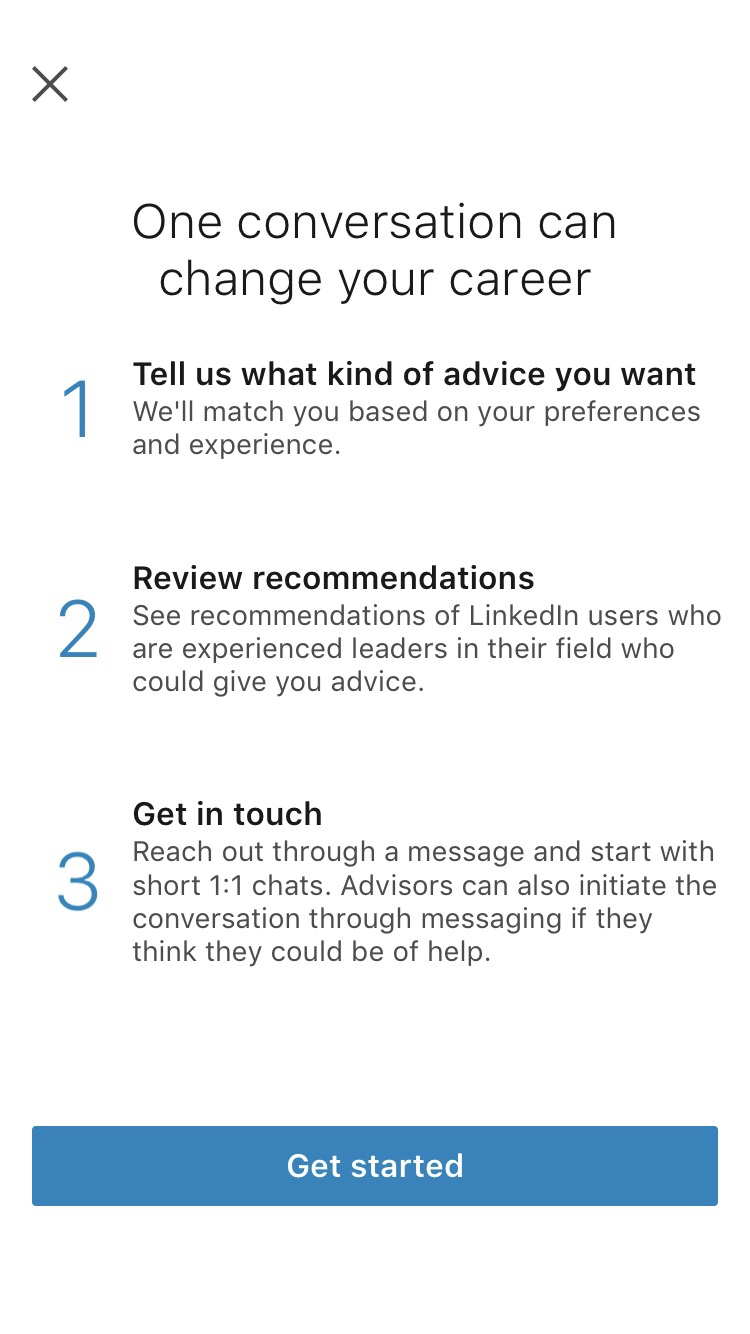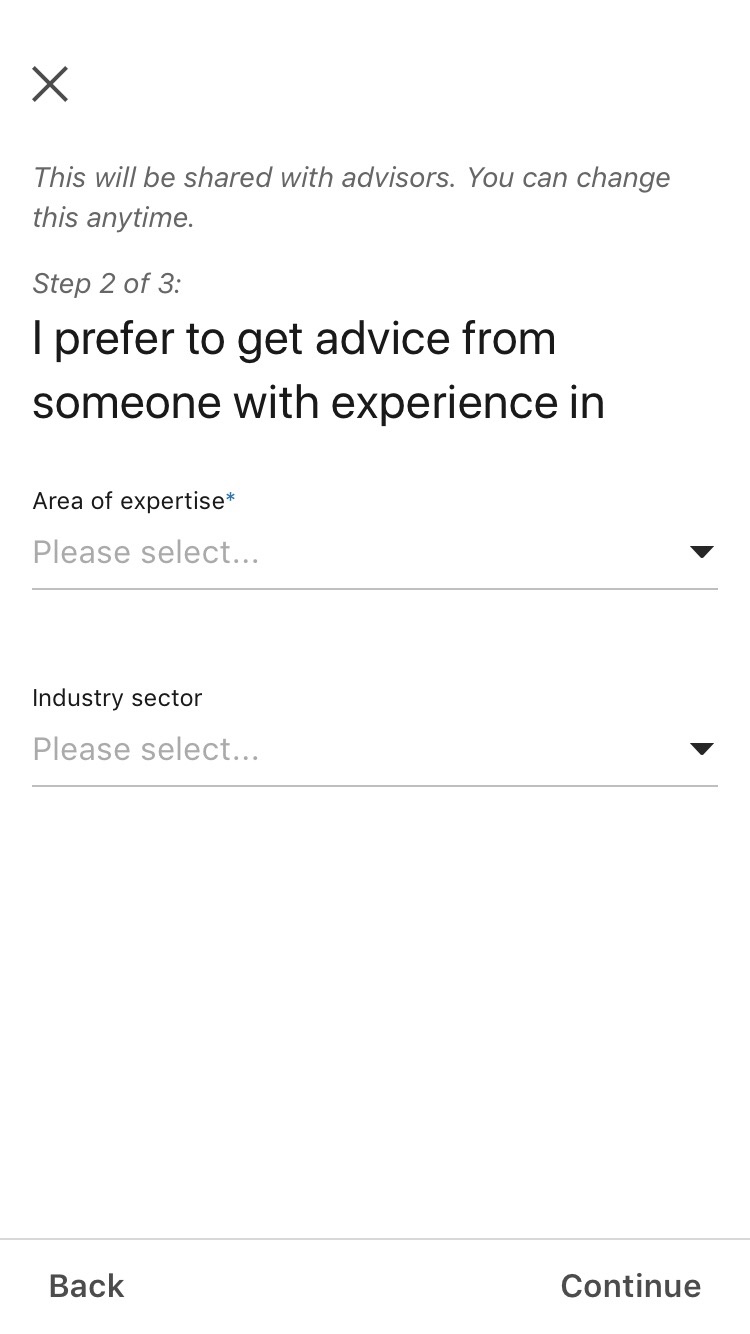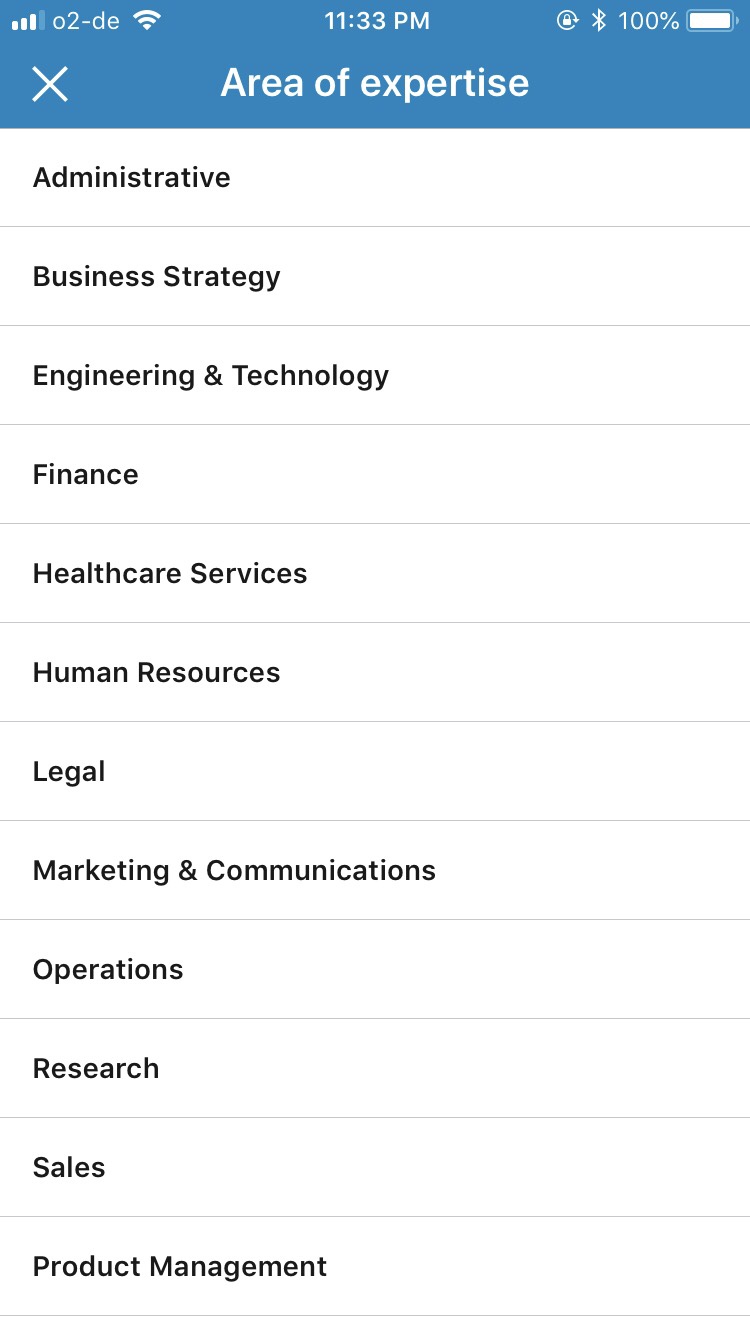Last week I attended an event at the Herti School of Governance about China’s Social Credit System (SCS).
The SCS is this bizarre system in which China gives citizens positive and negative scores based on their actions. It is what’s normally represented in the media as an implementation of one of black mirror episodes.
I was surprised by what I learned from the sessions. I usually read about the SCS from American media, but during the event the two lecturers were researchers on the topic. They did work on the ground to understand the system, and surveyed locals to understand their perception of it.
Until today there is no unified Social Credit System across China. Each local district gets to design its own system. The two examples that were mentioned in the event were the Taxi drivers system, and Gangwan sub-district SCS.
In the Taxi drivers system the drivers were split in groups of 10. There was one observer out of the 10 whose responsibility was to assign and report the score. Based on this score drivers were benefiting or losing access to governmental services. They also were forced to have their scores on top of their taxi. Think Uber rating but with real life consequences other than being blocked from the service. After implementing the program they saw a decrease in crime rates, increase in returning forgotten items, and overall less problems. And it led to an increase in blood donations from Taxi drivers, as this leads to increasing the driver’s score!
The Gangwan sub-district SCS was more interesting. They created a list of 11 positive, and 47 negative actions that could increase or decrease your score. Among the positives were sweeping snow, looking after elderly, volunteering, and blood donations. The negatives included burning trash, blocking public spaces, and family planning breach!
There are local collection officers whose jobs is to assign scores and report them to the government. Based on the scores citizens get access to government benefits up to cash in some cases, or they get denied access to services. Sometimes it reaches public shaming by announcing the lowest scorers regularly through billboards on the streets. It sounds crazy to me.
I learned that the system isn’t unified across the country yet. It is not high tech as the media portrays it. Actually these collection officers collect the scores on paper then upload them monthly to computers (they themselves get or lose credit based on how late they submit the data).
Another misconception is that it is more of a parallel legal system rather than an oppression tool. The government has much easier oppression tools than creating such complex system.
The second session of the evening was more interesting. A researcher showed a survey her team conducted in China with 2000 citizens in places where the SCS was implemented. Only 11% were aware of it. And of those who were aware, they were in favor of it, seeing it a good thing. I later in the Q&A I told her I am not surprised as I saw how people approve dictatorship if there is enough brainwash.
There are multiple SCS systems in China. Some are even privately owned by companies like Alibaba and Tencent. There is tension between the government one and the private one, in some cases the government forced the companies to stop using their systems.
The last part was intriguing, as the researcher questioned some activities that are done in the EU. For example in Germany the credit score is handled by a single company (SCHUFA), and there is no public data as to what influences the score by how much. They also mentioned that Berlin is testing facial recognition cameras in Sudkreuz train station. Those things are already happening around us and not getting the same attention.














